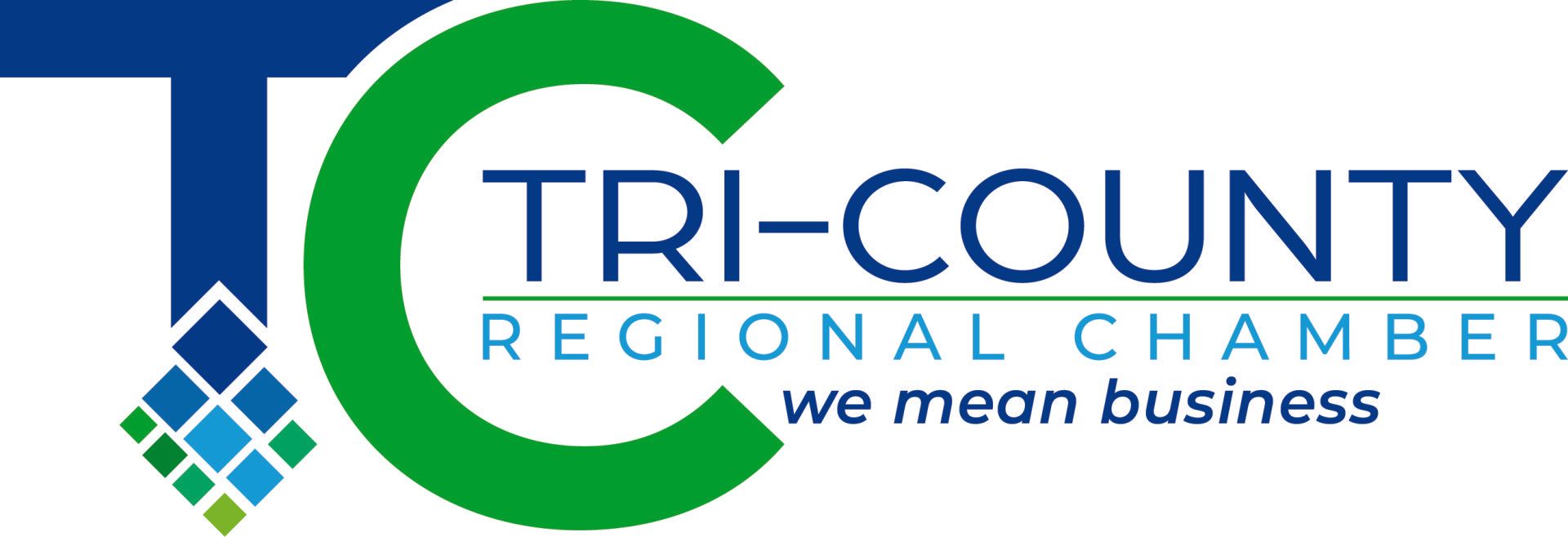Blogs
Building an Effective SEO Strategy in the World of AI
- AI’s Role in SEO: AI enhances search engines, focusing on user intent and local relevance over simple keywords.
- Content Creation: Develop detailed content with long-tail keywords to address specific customer queries.
- Semantic SEO: Incorporate related terms to improve content relevance for AI-driven searches.
- SEO Tools: Use accessible tools like Ubersuggest, SEOptimer, Localranking, and Frase.io for optimization.
- Continuous Effort: Begin with key pages, maintain consistency, and adapt for long-term SEO success.
For local businesses such as pizzerias, roofing companies, or hair salons, Search Engine Optimization (SEO) is essential to appear in searches like “best pizza in [city]” or “roofing services near me.” In 2025, artificial intelligence (AI) is reshaping local SEO, enabling search engines to better understand user needs and prioritize local results. This guide provides local business owners with a practical, long-term SEO strategy that leverages AI to increase visibility, attract nearby customers, and drive growth, even without technical expertise.
AI is transforming how customers find businesses online. Voice assistants like Siri and Google’s AI Overviews deliver location-specific answers, making traditional keyword-focused SEO less effective. Search engines now emphasize user intent and context, requiring content tailored to local and specific queries. By using AI tools, small businesses can optimize their online presence and compete effectively in their communities.
Understanding AI’s Impact on SEO
AI is making search engines more intuitive, changing how they process and display information. Here’s what local business owners need to know:
From Keywords to Contextual Queries
Previously, SEO relied on keywords like “best pizza 2025.” Now, AI enables search engines to interpret the intent behind longer, more detailed queries, such as “What’s the best pizza place in [city] for gluten-free options?” These queries, often 23 words compared to 4.2 in traditional searches, are common in AI-driven platforms like Google’s AI Overviews or chatbots.
AI-Enhanced Search Features
Search engines use AI to provide summarized answers at the top of results, like Google’s AI Overviews. To appear in these summaries, your website must offer comprehensive, relevant content, such as detailed guides or FAQs, that AI can draw from.
Detailed and Specific Questions
Customers are asking more precise questions, particularly through AI chatbots, with 70% of queries having “unknown” intent that doesn’t fit standard categories. For example, instead of “hair salon,” users may search “Which salon in [city] specializes in balayage for curly hair?” Content must address these niche, local needs.
Local Relevance
With many searches reflecting unique local demands, businesses must create content that speaks to their community. For instance, a roofer might focus on “repairing leaks in historic homes,” while a salon could highlight “curly hair styling” to meet hyper-local needs.
Practical Steps for an AI-Driven SEO Strategy
To build a sustainable SEO strategy in 2025, consider these approaches:
Develop High-Quality, Detailed Content
AI tools like Grok or ChatGPT can generate ideas for content. For example, ask, “What questions do customers have about roofing?” to identify blog topics. Create posts that answer specific queries, such as “How to Detect Roof Leaks” or “What Is Balayage Styling?” Use long-tail keywords, like “roof repair for older homes,” which are less competitive and highly targeted. Ensure content is thorough to increase the likelihood of appearing in AI-generated summaries.
Optimize for Semantic SEO
Semantic SEO helps search engines understand your content’s meaning beyond keywords. Include related terms, such as “shingle repair” or “gutter maintenance” for a roofing page, to enhance relevance. To find these terms, enter your primary keyword into Google and note the suggested searches, then integrate them into your content.
Write for Your Audience
Focus on creating content that resonates with customers, using clear, engaging language. For example, describe how you resolved a customer’s roofing issue to build trust. While AI tools can suggest improvements, prioritize your unique expertise, as AI-generated content often lacks depth or originality.
Structure Content Clearly
Organize content with headings, subheadings, bullet points, and lists to improve readability and help AI interpret it. For instance, a roofing blog might include sections like “Signs of Roof Damage,” “Cost Estimates,” and “Our Services.” This structure aids AI in selecting your content for summaries.
Align with User Intent
Consider what users seek—information, solutions, or a purchase—and tailor content accordingly. For a search like “how to choose a roofing service,” offer a guide with practical tips and include a call to action, such as contact information.
Enhance AI Compatibility
AI-friendly content is clear and optimized for search engines and chatbots. Tools like Frase.io can suggest keywords and improve readability to align with conversational search patterns, increasing your content’s visibility.
Optimize for Voice Search
Voice searches, often conversational, require natural-sounding content. Tools like Frase.io can adjust tone and phrasing to match how users speak, such as “What’s the best pizza place near me?” to improve rankings in voice search results.
Recommended SEO Tools for Small Businesses
Several user-friendly tools can simplify SEO for local businesses:
An affordable platform with AI-driven features for keyword research, competitor analysis, and content ideas, ideal for targeting local audiences.
A simple tool that audits your website, identifying issues like broken links or missing meta tags, with actionable recommendations.
Specializes in local SEO, optimizing your Google Business Profile and tracking local search performance through an intuitive dashboard.
Analyzes top Google results to suggest conversational content, optimizing for voice search and improving keyword use and readability.
SEO as a Long-Term Commitment
In 2025, an effective SEO strategy requires adapting to AI-driven changes in search behavior. By creating high-quality, locally relevant content, optimizing for semantic SEO, and using accessible AI tools, businesses can improve their online visibility and attract more customers. Start by optimizing key pages or creating a content schedule, then build gradually. Consistency and adaptation to evolving search trends will drive sustainable growth.
The focus should remain on delivering value to your audience while aligning with the technological advancements shaping online search.
Please contact us if you need help!










